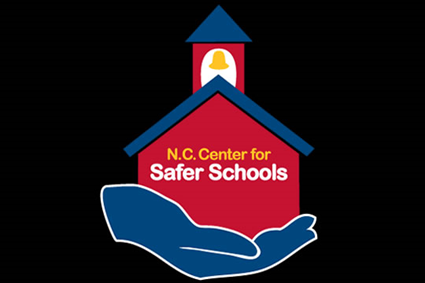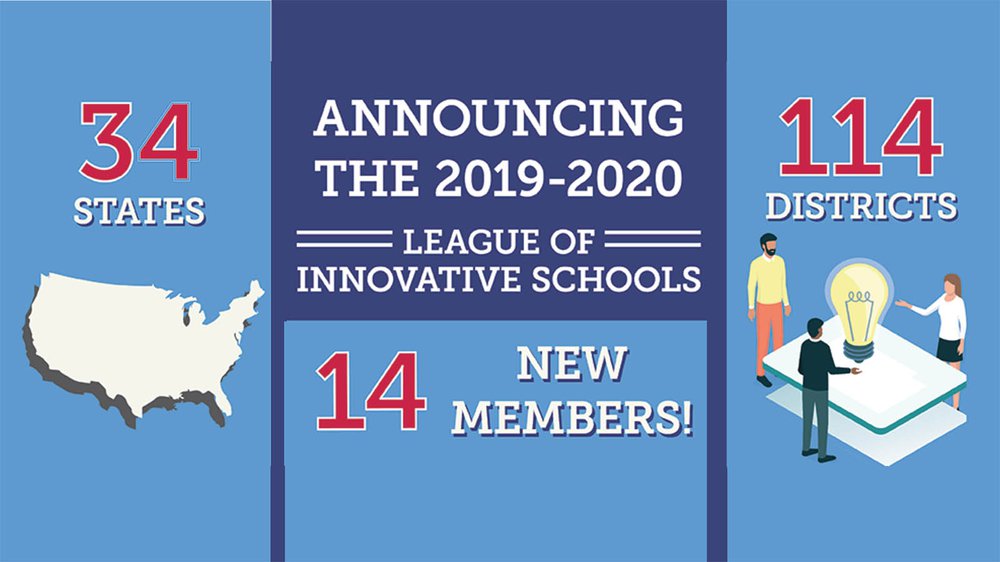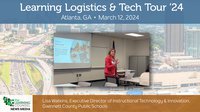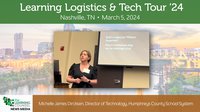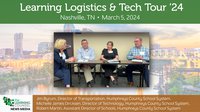More states are making it easier for schools to innovate – By Natalie Gross, Education Dive
Innovation programs in 24 states are making it easier for traditional public schools and districts to innovate, according to The Hechinger Report.
The flexibility for innovation has traditionally been reserved for the charter school sector. Yet under many of these programs, districts are able to start their own “innovation schools.” In Massachusetts, for example, 41 schools have more internal control over decisions such as budgeting and curriculum.
The number of innovation programs has grown in recent years and seems likely to continue, especially where traditional public schools are competing with charters, the article states.
There was a good example of this trend in Minnesota a few years ago. As reported in 2017, a group of elementary school teachers in Lakeville assumed they’d have to start a charter school to get the type of innovative education setting they were looking for — until the district superintendent decided to work with them to do a pilot program that now includes the entire school.
Since those efforts, there’s mounting evidence that the momentum and demand for innovation in the traditional public school setting is growing.
Just this week, 14 school districts in nine states across the country joined the League of Innovative Schools under Digital Promise, a nonprofit organization dedicated to innovation in education and closing the digital learning gap. According to a news release, the league now includes 114 districts in 34 states, where “administrators and educators are testing new programs, technologies, and strategies ... to advance equity and excellence for every learner.”
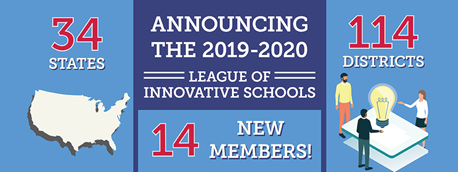
New push in California for later middle, high school start times – By Theresa Harrington, Edsource
After former Gov. Jerry Brown vetoed a bill last year that proposed starting middle and high school times later to give teens more time to sleep, the bill’s author started working to bring it back again this year.
Although the bill originally banned both middle and high schools from starting before 8:30 a.m., Sen. Anthony Portantino, D-San Fernando Valley, agreed to amendments in May that would allow middle schools to start at 8 a.m. while keeping high school start times at 8:30 a.m., to give districts more flexibility in scheduling buses. The bill exempts rural districts because of bus scheduling challenges. Start times would exclude “zero periods,” which are optional courses offered by some schools before the regular school day begins. The implementation period has also been stretched to three years to give districts time to prepare for the changes.
With these amendments, SB 328, known as the later school start bill, passed the state Senate on May 21 and passed the Assembly Education Committee on July 10. It is slated to be heard by the Assembly Appropriations Committee on Wednesday.

Could For-Profit Question Impede Short-Term Pell? – By Andrew Kreighbaum, Inside Higher Ed
Lawmakers pushing for a dramatic change to the federal Pell Grant program have for months sought to placate liberal critics by arguing that new money wouldn’t go to for-profit colleges.
Legislation dubbed the JOBS Act would expand eligibility for Pell money to programs as short as eight weeks that are designed to land students employment quickly, stirring a debate over whether the funding should be directed toward job training rather than traditional college programs.
Some for-profit colleges would likely take advantage of those funds, especially those geared toward skills training, if not for the prohibition in the bill. But despite rumblings about a potential fight, there’s been muted opposition from the sector so far.
The agreement to exclude for-profits from the bill shows there are exceptions to GOP lawmakers’ dedication to a common set of standards for all colleges. Republicans like Tennessee senator Lamar Alexander, the chairman of the Senate education committee, have been staunch critics of regulations like gainful employment that apply only to for-profits and other career education programs. For the most part, they've argued that federal standards shouldn't single out any particular sector. The lack of activity from for-profits on the JOBS Act, meanwhile, suggests much of the sector may have bigger preoccupations as lawmakers negotiate a new landmark higher ed law, including a potential fight over the federal rule that limits the proportion of a for-profit college's revenue that can come from federal student aid.

School Safety Initiatives Approved by NC House of Representatives – By the Mitchell News Journal
Legislation establishing new school safety initiatives for public schools in North Carolina was approved by the state House of Representatives on Tuesday.
Senate Bill 5 School Safety Omnibus requires public school systems to form threat assessment teams, evaluate the vulnerability of K-12 campuses, and conduct emergency drills to secure North Carolina classrooms.
It also clarifies the powers and duties of the Center for Safer Schools and requires county boards of education to report to state and local management officials during states of emergency.
S.B. 5 would require local boards of education to develop peer-to-peer support programs at all schools with grades six or higher. It also requires the placement of at least one trauma kit in each classroom of every school.
It further creates specific responsibilities for the Center for Safer Schools to serve as a resource and referral center on school safety concerns, provide training for public school personnel, and to collect, analyze, and disseminate data on school safety.
